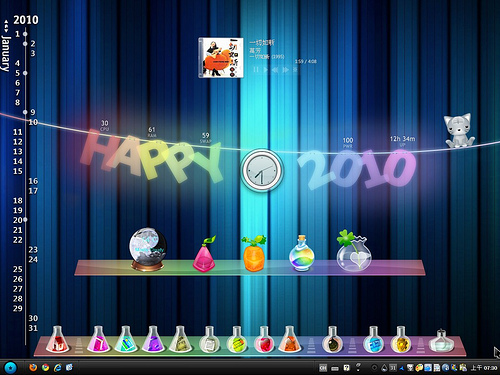When trying to create buzz about your brand, do you choose your loyal followers or do you choose people who don’t even know much about your brand? You might be surprised by the answer. A recent research by Professor David Godes and Professor Dina Mayzlin suggests that you should choose the latter group.

Why?
- We tend to know or come across people who are similar to us. Therefore, the friends your loyal followers have are likely to already be your loyal follower too or at least user.
- Loyal followers are likely to buzz about you any way. So the incremental gain from a buzz campaign based on these consumers is limited.
Run the Numbers
These researchers conducted a field study and two lab experiments, which showed significant gain by choosing non-customers as buzz agents. In fact, in the case of Rock Bottom Brewery (a restaurant), they estimated an average of $192 gain in sales brought in by each interaction from non-customer buzz agents. Pretty sizable, huh?
Before You Run Away With It
I see two potential caveats that you should consider before you take the results and apply them to your business:
- Intuitively, it would take more to get people unfamiliar with you to buzz about you. So cost is definitely a consideration. In the Rock Bottom Brewery field study, the non-customer sample came from the BzzAgent company panel. Although both the customer group and the non-customer group were offered potential prizes from the campaign, the non-customer group may have received (or expected) additional incentive from the BzzAgent network (although it’s not explicitly stated in the article).
- People who don’t know a brand well enough may have low credibility when spreading words about the brand. Those who consistently buzz about something they don’t really know (for their own personal gain) may eventually lose the trust of those around them.
More Information
You can hear Professor Godes and Professor Mayzlin talk about their research in this Science of Better podcast. Or if you want to read the article yourself, you can find it in the July/August 2009 issue of Marketing Science (subscription or pay-per-view required).

